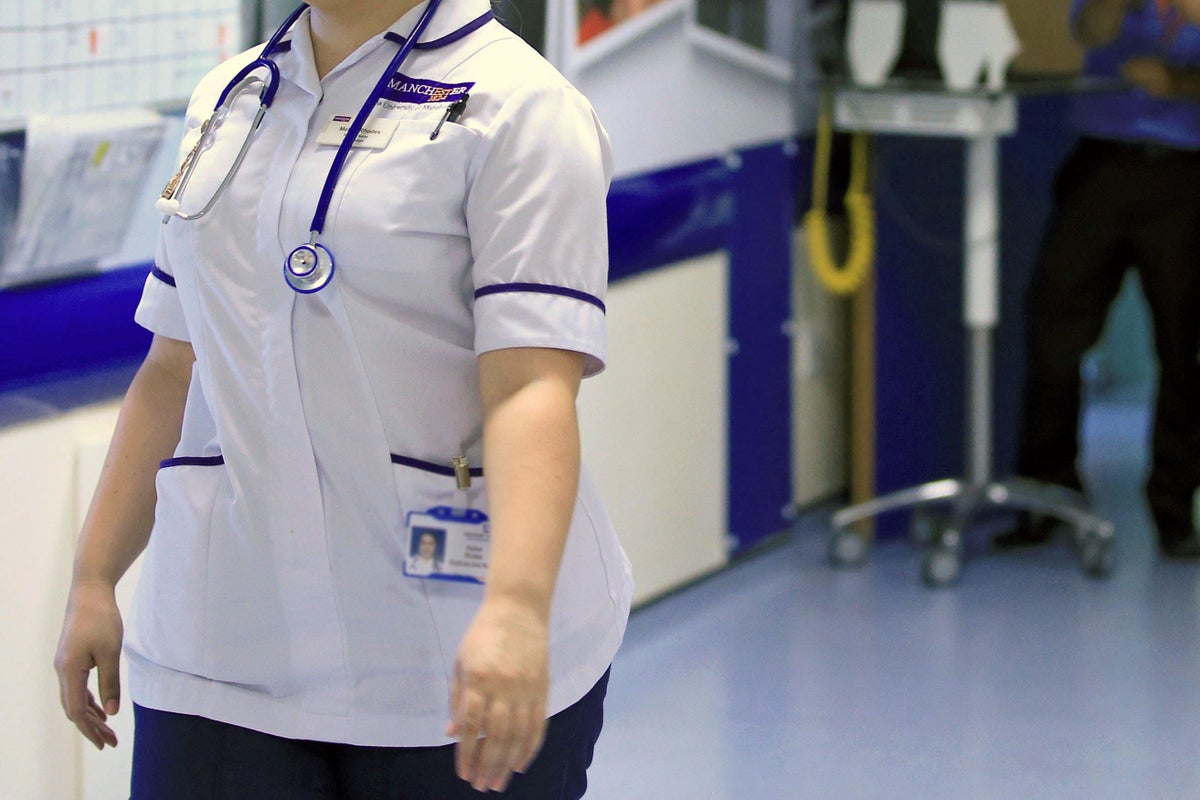
The NHS and social care system are in the “most perilous position in memory”, a group of leading charities has warned.
The Richmond Group of Charities said the systems were reaching “crunch point” which could mean the NHS and social care services are “completely unable to respond to local needs in a growing number of places”.
The group said that pressure has been building for years but the Covid-19 pandemic “bombshell” has “turned cracks in the system into gaping chasms”.
Meanwhile, there has been “little time” for the NHS and social care system to recover and it is now facing “spiralling costs” and pressure on workforce recruitment and retention.
Public and patient frustration is at a high-water mark perhaps last seen in the 1990s. Professional morale is at the lowest point anyone can recall— Duleep Allirajah, the Richmond Group of Charities
The Richmond Group of Charities includes Age UK; Alzheimer’s Society; Asthma and Lung UK; Breast Cancer Now; British Heart Foundation; British Red Cross; Diabetes UK; Macmillan Cancer Support; Rethink Mental Illness; Royal Voluntary Service; Stroke Association and Versus Arthritis.
The charities have written to the Prime Minister demanding increasing cash for the struggling sectors.
“As charities working with more than 14 million people in England who live with long-term health conditions, we believe that the NHS and Social Care system is now in the most perilous situation in living memory. Increased funding is crucial,” they wrote.
They warned that the “shocks” to the system have come at a time when the NHS and social care system had hoped to be moving forward with reforms to help address rising demand from older people and those with long-term health conditions.
But it is now harder to achieve these ambitions, they said.
Some of the people with long-term conditions are suffering medical emergencies as a result of being unable to heat their homes, pay for prescriptions or care costs, run their medical devices, refrigerate their medicine or maintain their diet, the authors of the group’s latest report said.
Duleep Allirajah, chief executive of the Richmond Group of Charities, said: “The pandemic and cost-of-living crisis has dealt a disastrous double blow to those facing chronic health conditions, which threatens to leave a legacy of suffering and poor health in this country for decades to come.
“Our new report shows how since the pandemic, the needs of people living with multiple long-term health conditions are now often much more complex and profound than before.
“The extra demands being placed on the NHS and social care as a result were neither predicted nor factored into the last Government Spending Review, and the resulting gap in resources is causing enduring distress and pain to the individuals affected and hurting our economy too.
“The Prime Minister and Chancellor ignore this reality at their peril because it lies at the heart of the crisis affecting the NHS and social care.
“That’s why we have come together as the Richmond Group of health charities to call on the Government to urgently address the increased demands on the NHS and social care at the Autumn Statement.
“As charities that work with people who are part of this enormous group of more than 14 million, right across the country, we are deeply worried that we could hit a ‘crunch point’ this winter, with the NHS and social care services completely unable to respond to local needs in a growing number of places.
“We must avoid that catastrophe at all costs, and the Autumn Statement provides the Prime Minister and the Chancellor with the opportunity to take decisive action.”
A Department of Health and Social Care spokesperson said: “We will continue to invest in the NHS and we are increasing its budget to over £162 billion in 2024-25, up from £123.7 billion in 2019-20.
“We are making progress in tackling the Covid backlogs and we have virtually eliminated waits of more than two years for treatment – the first major target in our elective recovery plan.
“There are record numbers of staff working in the NHS and our 80 community diagnostic centres and 50 surgical hubs are helping hundreds of thousands more patients quicker access to vital procedures and reduce waiting times.”







